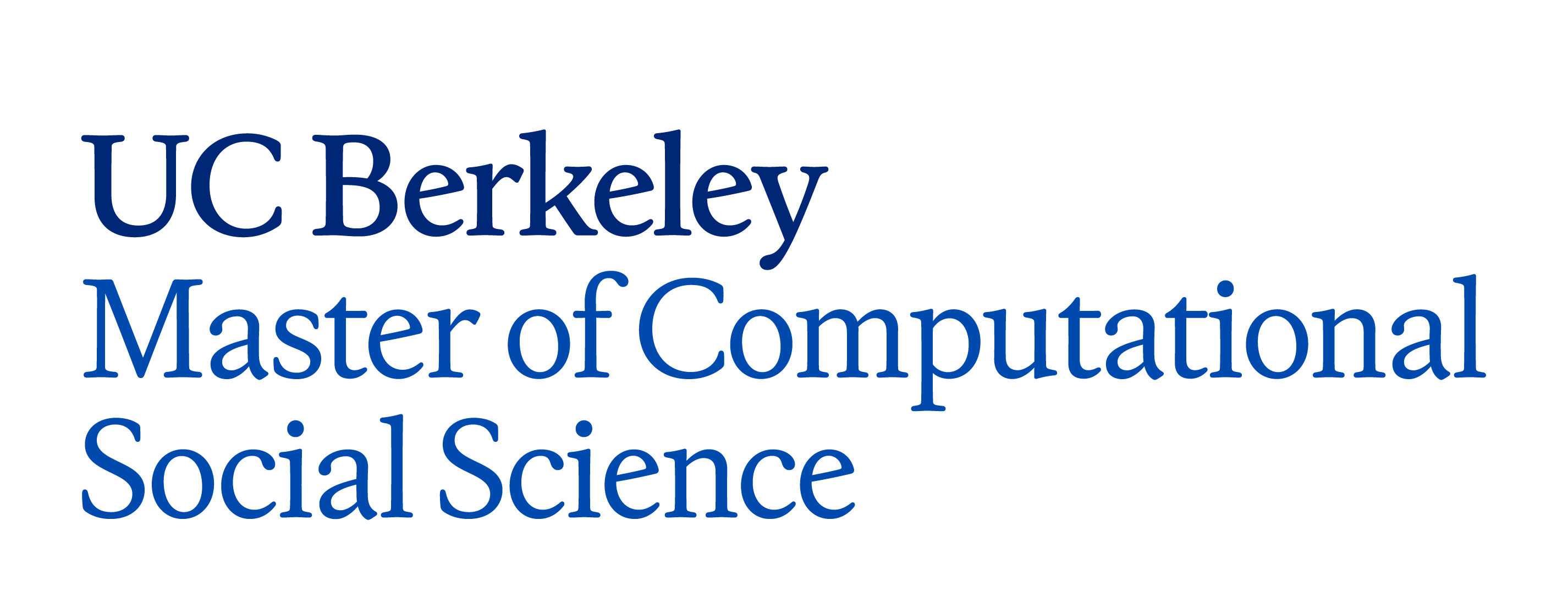Discover the People Behind the Numbers: Berkeley MaCSS
Data about people and the social world doesn’t “speak for itself.” While we’ve become adept at collecting and processing data, we need more than simple statistics to truly understand the complexities of society. That’s where the Master of Computational Social Science (MaCSS) program at UC Berkeley comes in.
Bridging the Gap Between Data and Social Understanding
By combining your social science background with cutting-edge computational techniques, you can:
Uncover deeper insights: Go beyond basic statistical analysis to answer complex questions about human behavior, social structures, and the forces shaping our world.
Develop innovative solutions: Address a wide array of social concerns, from inequality and exclusion to healthcare access and climate change, with data-driven solutions informed by a deep understanding of human needs.
Prepare for impactful careers: MaCSS graduates are highly sought after for data analyst roles in business, government, and nonprofits, where they can use their unique skillset to make a real-world difference.

Data for Good: The MaCSS Difference
Today’s data analysis often overlooks crucial human concerns like privacy, bias, and social impact. The MaCSS program goes beyond traditional data science programs by:
- Integrating social science theories and methods: We provide a holistic education that equips you to analyze data ethically and responsibly, considering the broader social context.
- Championing diversity, equity, inclusion, and belonging: We’re committed to creating a diverse and inclusive learning environment, welcoming students from all backgrounds and fostering a pathway to impactful careers for underrepresented groups.
Building a More Inclusive Data-Centric Workforce
The MaCSS program is explicitly designed to broaden the pipeline of talent in the data workforce by creating pathways for students from:
- Women’s colleges
- Historically Black Colleges and Universities (HBCUs)
- Hispanic Serving Institutions (HSIs)
- Tribal Colleges and Universities (TCUs)
Our goal is to build a more equitable and representative data workforce, where diverse perspectives and experiences enrich the field and drive positive change.
Ready to Make a Difference?
Real-World Analysis for Real-World Problems
Explore the MaCSS program and discover how you can use the power of data to understand the social world and create a better future.
